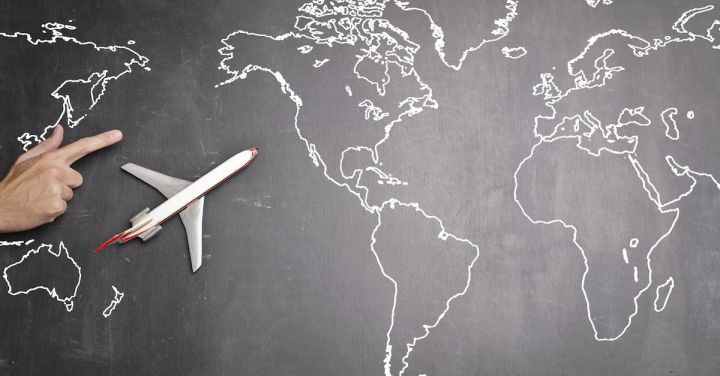How Can Businesses Adapt to Global Economic Shifts?
In today’s rapidly changing global economy, businesses must be prepared to adapt to shifting economic conditions in order to remain competitive and successful. As globalization continues to reshape the business landscape, it is crucial for companies to understand how to navigate these changes and position themselves for long-term success. In this article, we will explore some strategies that businesses can employ to adapt to global economic shifts.
Understanding the Global Economy
To effectively adapt to global economic shifts, businesses must first have a deep understanding of the global economy. This involves staying informed about global trends, economic indicators, and geopolitical events that can impact the business environment. By staying ahead of the curve, businesses can anticipate and respond to economic shifts more effectively, minimizing potential disruptions and maximizing opportunities.
Diversifying Market Presence
One key strategy for adapting to global economic shifts is diversifying market presence. Relying too heavily on a single market or region can leave a business vulnerable to economic downturns or geopolitical instability. By expanding into new markets and diversifying customer bases, businesses can reduce the risk associated with economic shifts in any one region. This may involve developing new distribution channels, forging strategic partnerships, or even establishing physical operations in new markets.
Agility and Flexibility
In a rapidly changing global economy, agility and flexibility are essential qualities for businesses. By being nimble and adaptable, businesses can quickly respond to economic shifts and adjust their strategies accordingly. This may involve reevaluating product offerings, streamlining operations, or even entering new industries or sectors. By embracing change and being open to new ideas, businesses can position themselves to thrive in an ever-evolving economic landscape.
Investing in Innovation
Innovation is another key factor in adapting to global economic shifts. Businesses must continually invest in research and development to stay ahead of the competition and meet the changing needs of customers. This may involve developing new products, improving existing offerings, or adopting new technologies and processes. By staying at the forefront of innovation, businesses can not only survive but also thrive in a rapidly changing global economy.
Building Strong Relationships
Building strong relationships with customers, suppliers, and other stakeholders is essential for businesses looking to adapt to global economic shifts. These relationships can provide valuable insights, support, and collaboration opportunities, enabling businesses to navigate economic challenges more effectively. By fostering trust and mutually beneficial partnerships, businesses can create a network of support that can help them weather economic storms and seize new opportunities.
Embracing Sustainability
Sustainability is no longer a buzzword; it has become a fundamental aspect of doing business in the 21st century. By embracing sustainability practices, businesses can not only contribute to a better world but also position themselves for long-term success. Sustainable practices can help businesses reduce costs, increase efficiency, and attract environmentally conscious customers. Additionally, sustainability can create a competitive advantage, as consumers increasingly prioritize businesses that are committed to social and environmental responsibility.
Conclusion: Thriving in a Changing World
In conclusion, businesses must be proactive in adapting to global economic shifts in order to remain relevant and successful in today’s global economy. By understanding the global economy, diversifying market presence, embracing agility and flexibility, investing in innovation, building strong relationships, and embracing sustainability, businesses can position themselves to thrive in a changing world. Adaptation is not a one-time event but an ongoing process that requires continuous monitoring, analysis, and adjustment. By staying attuned to economic shifts and being willing to evolve, businesses can navigate the challenges and seize the opportunities presented by a dynamic global economy.






